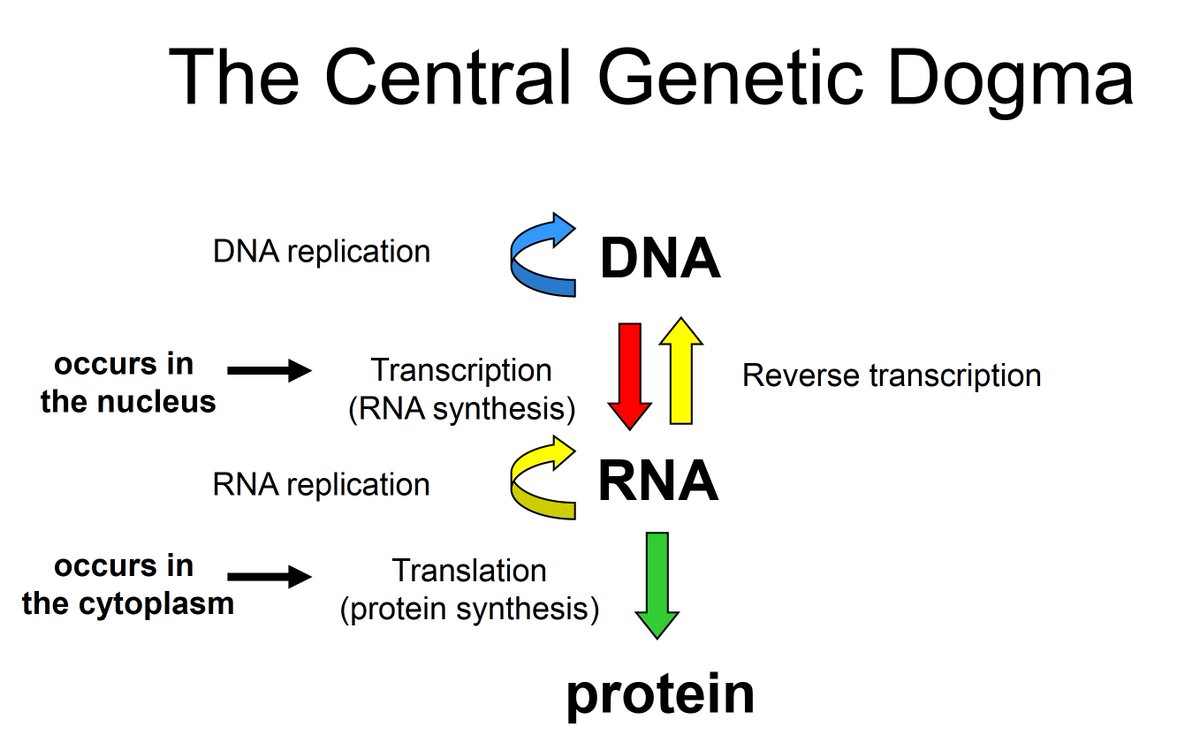
There is currently a resurgence of COVID-19 in Manaus, Brazil, despite the fact that about 76% of the population had been previously infected with SARS-CoV-2, which would normally lead to herd immunity. What is the cause of this resurgence? Short Thread. (1/n)
The truth is, nobody knows, but there are at least four mutually exclusive possibilities: (2/n)
1) The attack rate could have been overestimated during the first wave, meaning that the population remained below herd immunity. Attack rate is the percentage of an at-risk population that contracts the disease during a specified time interval. (3/n)
2) Antibody immunity might have waned by December, although this seems unlikely, because even if antibody levels fall, memory B cells endure much longer.
3) The currently circulating variants might evade immunity to previous variants. (4/5)
3) The currently circulating variants might evade immunity to previous variants. (4/5)
4) The currently circulating variants might be more transmissible than than previous variants.
In my humble opinion, I think possibility #1 is the most likely. (end)
thelancet.com/journals/lance…
In my humble opinion, I think possibility #1 is the most likely. (end)
thelancet.com/journals/lance…
• • •
Missing some Tweet in this thread? You can try to
force a refresh



